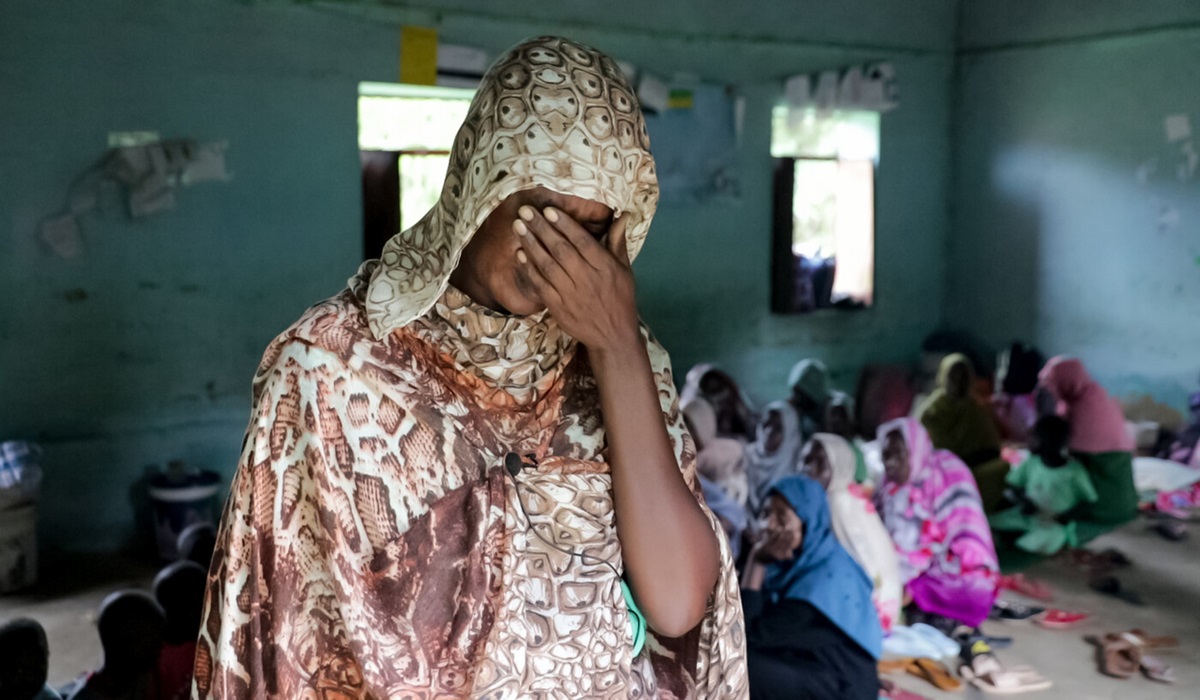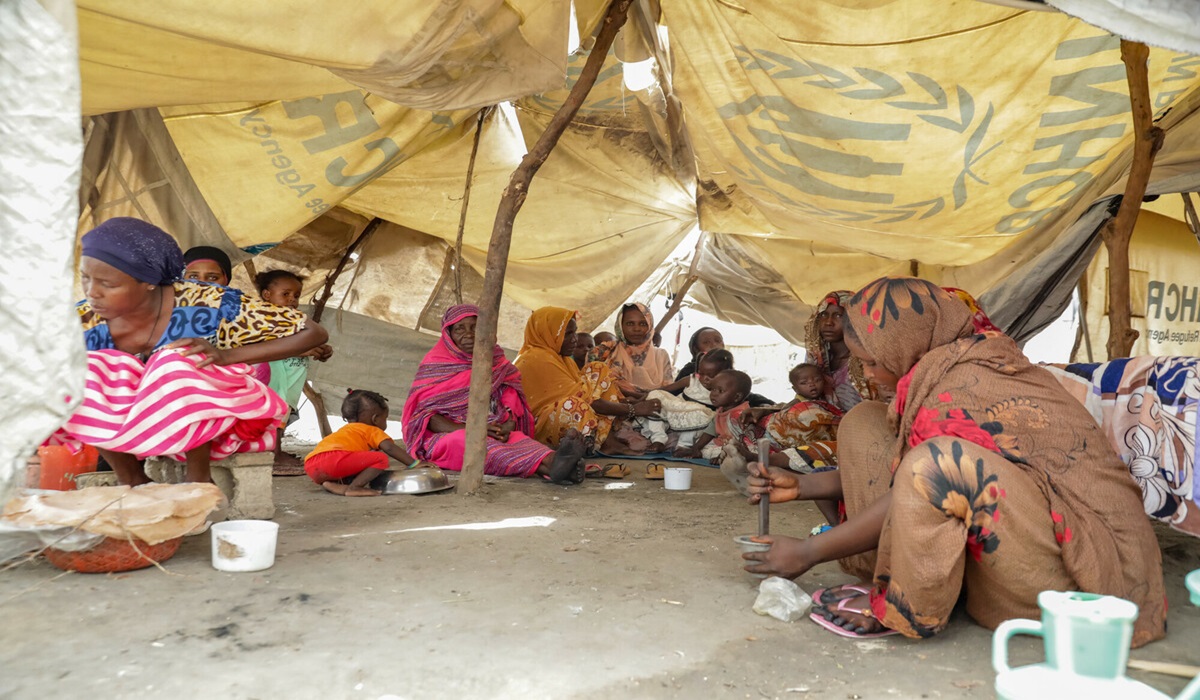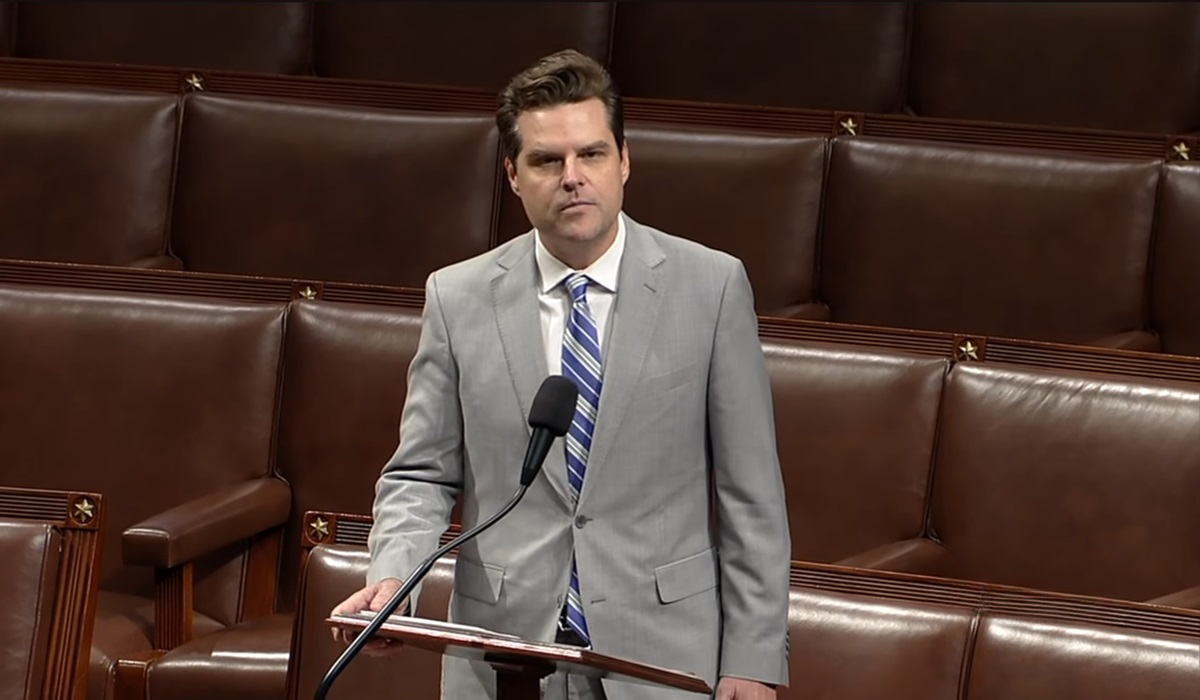A Catastrophic Year for Sudan: Dire Humanitarian Crisis Unfolds
- Ingrid Jones
- Breaking News
- April 11, 2024

Image credit, NRC
As Sudan marks one year since the onset of its devastating conflict, the Norwegian Refugee Council’s country director for Sudan, Will Carter, has issued a harrowing statement outlining the horrific toll the war has taken on civilians. Starvation, mass sexual violence, ethnic killings, and executions have become grim realities for the populace, as millions endure displacement and suffering while the world, in Carter’s words, “continues to look the other way.”
Carter’s statement underscores the gravity of the situation, describing a landscape of despair where aid is obstructed, and global powers remain indifferent. Despite the looming famine, which should have spurred action to facilitate aid, the reality on the ground is bleak, with humanitarian efforts stifled and funding levels insufficient to address the crisis at hand.
With over 24.8 million people in need of humanitarian aid in 2024, and a staggering 6.5 million internally displaced since the conflict’s inception, Sudan finds itself at the epicenter of an unparalleled humanitarian catastrophe. The war has exacerbated an already dire situation, with Sudan now home to the largest internal displacement crisis on record, according to the International Organization for Migration (IOM).

The situation is further compounded by a spiraling food security crisis, with over 25 million people in Sudan, South Sudan, and Chad facing increasing levels of hunger. Alarmingly, at least 17 million Sudanese are among those at risk, a figure that could swell to unprecedented levels if urgent action is not taken.
The exodus of refugees from Sudan paints a stark picture of the desperation faced by its people. Since April 15, 2023, approximately 1.76 million individuals have crossed Sudan’s borders, seeking refuge in neighboring countries such as Chad, South Sudan, Egypt, Ethiopia, Uganda, and the Central African Republic, as reported by the UN Refugee Agency (UNHCR).
Yet, amidst this humanitarian catastrophe, funding remains woefully inadequate. The Sudan humanitarian response plan for this year requires a total of US$2.70 billion, of which less than 6 percent has been secured thus far, leaving a vast gap in resources needed to alleviate the suffering of millions.
As Sudan grapples with the aftermath of a year of relentless conflict, the plea for international intervention grows ever more urgent. Carter’s call for world leaders to step in, provide essential funding, and exert diplomatic pressure on warring parties resonates as a lifeline for the millions facing famine, displacement, and violence. The world’s response in the coming days and weeks will undoubtedly shape the course of Sudan’s future and determine whether hope can emerge from the depths of despair.








